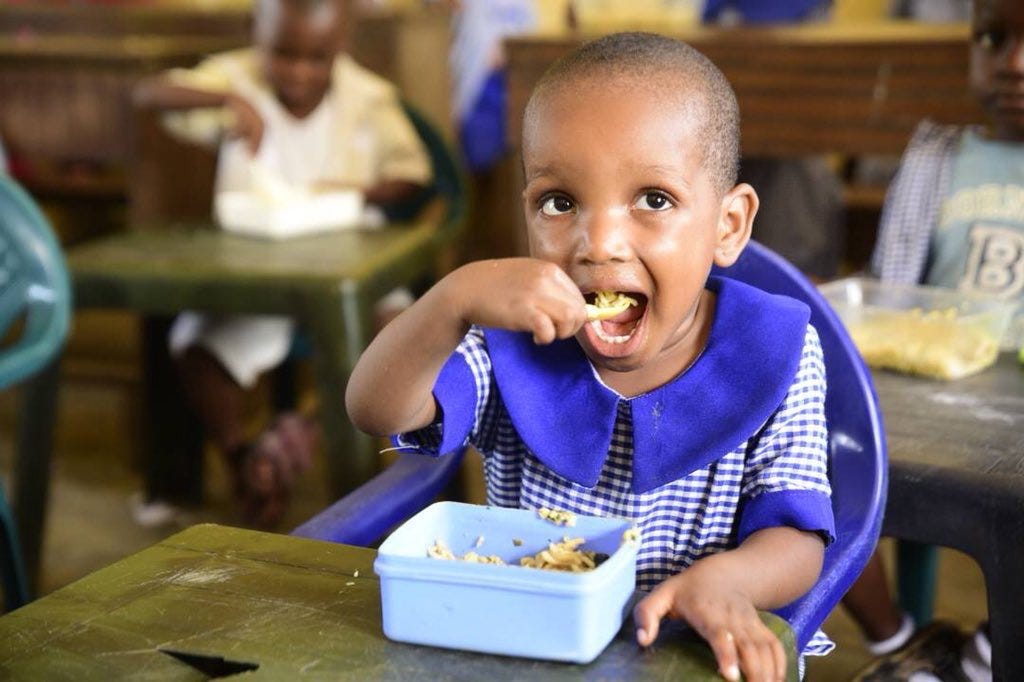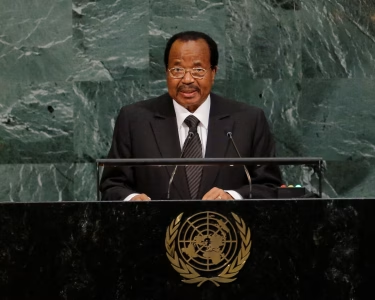NHGSFP
School feeding programme in limbo despite ₦160bn budget allocation
Summary
- Nigeria’s National Home-Grown School Feeding Programme remains suspended since January 2024, despite a ₦160 billion allocation in the 2025 budget
- Over 9 million pupils and about 250,000 workers have been affected by the prolonged hiatus, which followed corruption allegations
- A relaunch scheduled for May 29, 2025, has yet to materialise, fuelling fears over increasing dropout rates and worsening child malnutrition
- Rising food prices and operational delays continue to threaten the effectiveness of the government’s dual-budget approach
Ibadan, Nigeria — The National Home-Grown School Feeding Programme (NHGSFP), once a cornerstone of Nigeria’s efforts to improve child nutrition and educational outcomes, remains suspended despite a ₦160 billion allocation in the 2025 national budget.
The programme, halted in January 2024 following allegations of widespread corruption, has left over 9 million primary school pupils without access to daily meals and disrupted the livelihoods of around 250,000 individuals involved in its operations.
The suspension came after President Bola Tinubu ordered a comprehensive freeze on activities under the National Social Investment Programme Agency (NSIPA), citing extensive financial irregularities. While intended to reform and restore credibility to social programmes, the halt has exacerbated food insecurity among schoolchildren and jeopardised years of educational gains.
For many pupils, the free midday meal was not just an incentive but a lifeline, often their only reliable source of nutrition. Its absence has contributed to growing concerns over malnutrition and falling attendance, particularly among children from economically vulnerable households. Education experts warn that if the situation persists, dropout rates may spike, undermining recent progress in school enrolment and retention.
The suspension has also disrupted a complex network of smallholder farmers, cooks, and logistics personnel who supported the programme. The livelihoods of approximately 250,000 workers are now in jeopardy, with many scrambling to find alternative sources of income amid an already challenging economic climate.
Though a relaunch was announced for 29 May 2025, with an expanded target of 10 million children, the plan has yet to materialise. The federal government had split the 2025 allocation, assigning ₦100 billion under the Service Wide Vote and ₦60 billion to the Ministry of Education. Despite this dual-budgetary approach, little has changed on the ground.
Soaring food prices further complicate the programme’s revival. The cost of staples like a 50kg bag of rice has surged, significantly increasing the financial demands of delivering meals to millions of pupils nationwide, even with a sizeable budget.
While the Minister of Finance, Wale Edun, has reaffirmed the government’s commitment to funding the NHGSFP, operational delays continue to raise doubts about the programme’s immediate future. Stakeholders, including the House of Representatives, have called for urgent action to ensure the programme resumes and delivers on its original promise of nourishment, educational access, and community development.
Until then, the NHGSFP remains trapped between ambitious intentions and a stalled reality, its future hanging in the balance as the country awaits decisive implementation.







